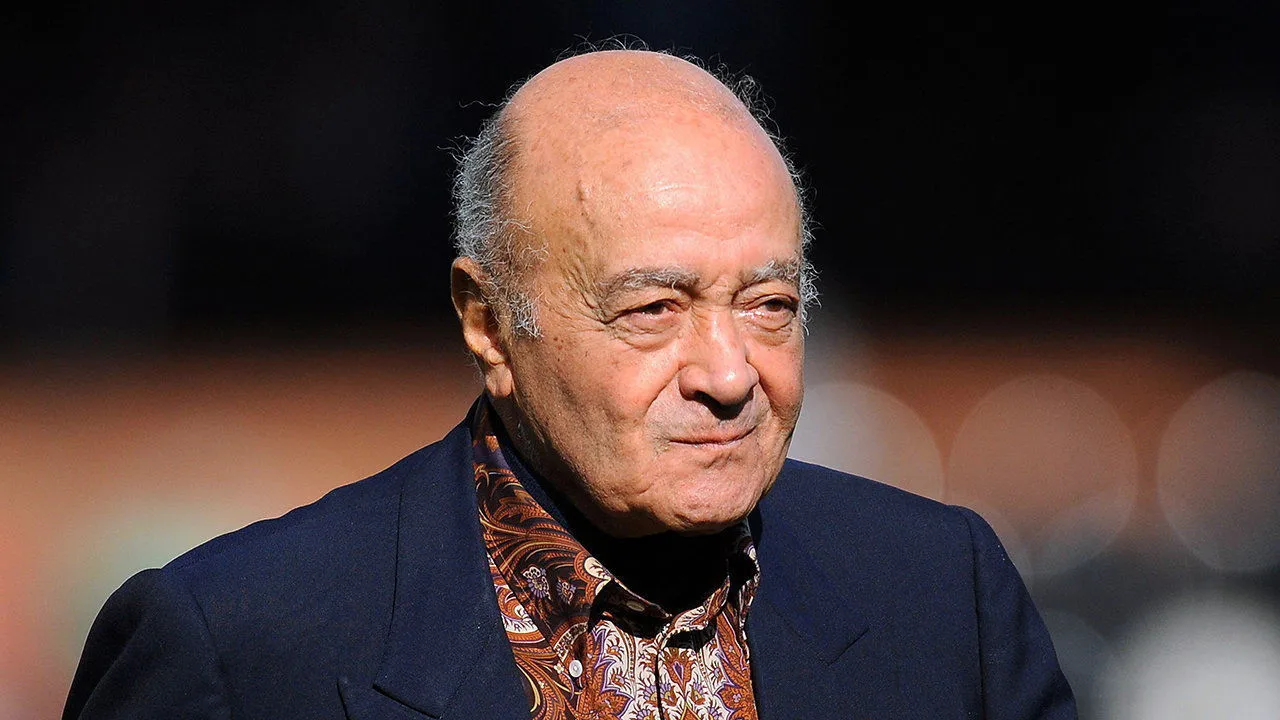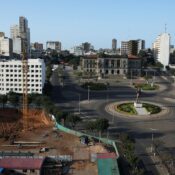
Al Fayed, the former boss of Harrods, is said to have hurt over 400 people
Lawyer Dean Armstrong said on Thursday that more than 400 people who say they were abused or raped by the late Egyptian billionaire Mohamed Al Fayed have already called the lawyers who are working on the case against him.
In September, a BBC program showed that Al Fayed, who died last year at the age of 94, sexually abused female employees at his London department store Harrods. He also made them go through medical exams and told them bad things would happen if they tried to complain.
Armstrong told a news conference in London, “The sheer scale of abuse perpetrated by Al Fayed and made easier by those around him continues to grow.”
Other news stories made similar claims about Al Fayed before he died, but he always rejected them.
For an answer, Harrods pointed Reuters to previous statements it had made about the claims. In those statements, it had apologized, said it was “appalled” by them, and started a process for any current or former workers who want to get paid.
Lawyer Bruce Drummond said that the more than 400 claims came from women all over the world, mostly from Britain but also from the US, Australia, Malaysia, Spain, South Africa, and other places.
“That, in our opinion, is an industrial scale abuse,” Drummond said, adding that the abuse happened “within the walls of Harrods” as well as at Fulham Football Club, the Ritz Paris, and Al Fayed’s estate in Surrey, all of which were connected to his business empire.
Some of the people who were hurt are the daughter of a former U.S. ambassador to Britain and the daughter of a famous soccer player, but Drummond did not name them.
According to the BBC program, Harrods did nothing to stop the abuse and even helped hide it while he was in charge.
Lawyers have said that the compensation plan run by Harrods is flawed because some victims still don’t feel comfortable going straight to Harrods for help because that’s where the abuse happened.
Drummond said that some top employees from the time of Al Fayed were still working at Harrods.
Last week, the Financial Times said that four people who said they were victims of Harrods had quit the compensation plan because they were worried about possible conflicts of interest and bad communication.
Vanity Fair in 1995, ITV in 1997, and Channel 4 in 2017 were among the news outlets that said Al Fayed had sexually abused women before the BBC program. Lawyers said in September that many of the women only felt comfortable talking to the public about the BBC story after he died last year.
All Categories
Recent Posts
Tags
+13162306000
zoneyetu@yahoo.com


